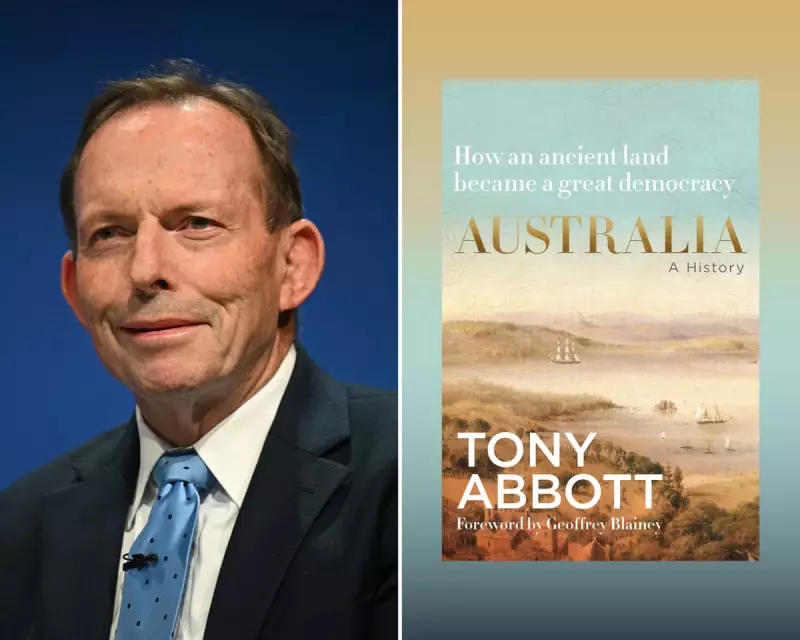
Tony Abbott, Australia's former prime minister, has ignited a firestorm of controversy with his latest literary offering - a history book that critics are calling a deeply problematic interpretation of the nation's past.
A Traditionalist Vision Under Fire
The Guardian's review delivers a blistering assessment of Abbott's work, characterising it as an exercise in nostalgia rather than rigorous historical analysis. The book presents what many are calling a romanticised view of Australia's British colonial heritage while downplaying the devastating impact of colonisation on Indigenous peoples.
Contentious Claims About Indigenous History
Among the most controversial aspects is Abbott's treatment of Indigenous Australian history. The review highlights how the former PM appears to sideline the profound consequences of European settlement, including the violence, dispossession, and cultural destruction that followed.
Critics argue the book reflects a broader political agenda rather than scholarly historical inquiry. The review suggests Abbott uses history as a vehicle to advance his conservative worldview, presenting a version of Australia's past that aligns with his political beliefs.
Questioning Historical Accuracy
The Guardian's analysis raises serious questions about the book's factual foundations. Several claims appear to lack proper historical evidence or context, particularly regarding:
- The nature of early settler-Indigenous relations
- The impact of British colonisation
- The development of Australian national identity
- The role of multiculturalism in modern Australia
A Political Project Disguised as History
What emerges from the review is a picture of a book that serves more as political manifesto than historical text. Abbott's work seems designed to reinforce a particular vision of Australian identity - one that critics argue is increasingly out of step with contemporary understandings of the nation's complex history.
The timing of the publication is also noteworthy, arriving during ongoing national conversations about reconciliation, truth-telling, and how Australia remembers and acknowledges its past.
The Broader Implications
This controversy reflects larger debates occurring in Australia and other former British colonies about how history should be taught and remembered. The battle over historical narratives has become increasingly politicised, with figures like Abbott advocating for what they see as a more "traditional" approach to national history.
As the review makes clear, the stakes are high. How Australia understands its past directly influences how it addresses contemporary issues facing Indigenous communities and shapes the nation's future direction.
For readers interested in Australian politics, history, or the ongoing culture wars surrounding national identity, Abbott's book - and the strong reactions it has provoked - offers a fascinating case study in how history remains very much a contested territory in modern Australia.





